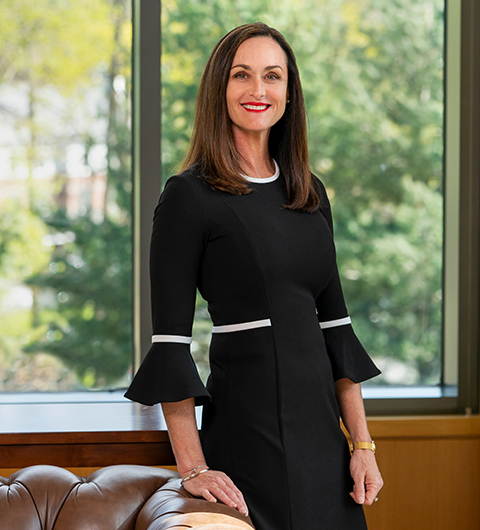-
About
Marist Commencement
Celebrating the Class of 2025
• The graduate ceremony will be held on Friday, May 23.
• The undergraduate ceremony will be held on Saturday, May 24.About
-
Academics
Marist Commencement
Celebrating the Class of 2025
• The graduate ceremony will be held on Friday, May 23.
• The undergraduate ceremony will be held on Saturday, May 24.Academics
-
Admission & Financial Aid
Marist Commencement
Celebrating the Class of 2025
• The graduate ceremony will be held on Friday, May 23.
• The undergraduate ceremony will be held on Saturday, May 24.Admission & Financial Aid
-
Student Life
Marist Commencement
Celebrating the Class of 2025
• The graduate ceremony will be held on Friday, May 23.
• The undergraduate ceremony will be held on Saturday, May 24.Student Life
- Athletics
Students listening to the lecture.
School of Science
Message from the Dean

Thank you for your interest in Marist’s School of Science, where we devote ourselves to preparing students for successful careers in the natural and physical sciences and health professions. Students in the School benefit from state-of-the-art facilities, engaged faculty, and small class sizes. The School’s outstanding faculty place a strong emphasis on interacting with students and encouraging their intellectual and professional development. Students in the School participate in a variety of high impact practices including student-faculty collaborative research, clinical rotations, study abroad, and community engagement. After graduation, alumni are well positioned to make their mark in the sciences and health professions. The School’s strong record of producing Fulbright and Goldwater recipients and 100% pass rate on the Physician Assistant certifying exam demonstrate the excellent preparation our students receive in Marist’s School of Science. Undergraduate students who meet the program requirements can also choose to continue their education in one of the School’s graduate programs, the Doctor in Physical Therapy or Physician Assistant program. We hope you’ll visit our beautiful campus on the Hudson River and learn more about the enriching opportunities that await you at Marist.
Sincerely,
Dr. Alicia Slater, Dean
Bio:
Dr. Slater is a Professor of Biology and has served as Dean of Science at Marist since 2018. As Chief Academic Officer for the School, she has leadership responsibility for the undergraduate programs of Athletic Training; Biology; Chemistry, Biochemistry and Physics; Environmental Science; and Medical Technology. She also oversees the School’s graduate programs in Physician Assistant Studies (MS), Physical Therapy (DPT), and Athletic Training (MS). She is responsible for faculty and staff development, recruitment, and all aspects of the School’s budget.
Under her leadership, the School of Science has secured a $1.5 million National Science Foundation grant to support academically talented students with financial need. She led the development of the School of Science's inaugural Advisory Board.
She was appointed Senior Associate Provost for Academic Operations in 2024 – a leadership role that provides operational support to the Office of the Provost such as to plan and implement university-wide academic initiatives, policies, and procedures including budget management.
Slater also served on the Marist's Strategic Planning Committee, the Presidential Search Committee, and during COVID-19, as Chair of the Medical Advisory Group, and coordinator of Marist’s COVID surveillance testing process.
Prior to joining Marist, Dr. Slater served for 16 years at Stetson University, where she moved from Assistant Professor to Department Chair, and ultimately held an Endowed Chair while leading the University’s Curriculum and Assessment program. Her time at Stetson was marked by improved student retention and success (particularly for underrepresented students), the development of sophisticated assessment models to ensure academic quality, and support for faculty development and curricular innovation.
Dr. Slater has a B.S. in Biology from Georgia Institute of Technology, and an M.S. and Ph.D. in Biology from Virginia Polytechnic Institute and State University. She served as an National Science Foundation (NSF) Postdoctoral Research Fellow at Griffith University in Australia. Her academic research focuses on the molecular ecology of freshwater invertebrates, and she has also published and presented extensively on best practices in teaching, student success, and assessment.
Research Interests:
Slater’s research interests include the scholarship of teaching and learning, particularly learner-centered pedagogies. As a scientist, she has published in peer-reviewed journals on geographic distribution of and genetic variation in freshwater invertebrates. In addition to research grants from state agencies, she has received several grants from the National Science Foundation, including an International Postdoctoral Research Fellowship to study stream insect population genetics in Australia.
